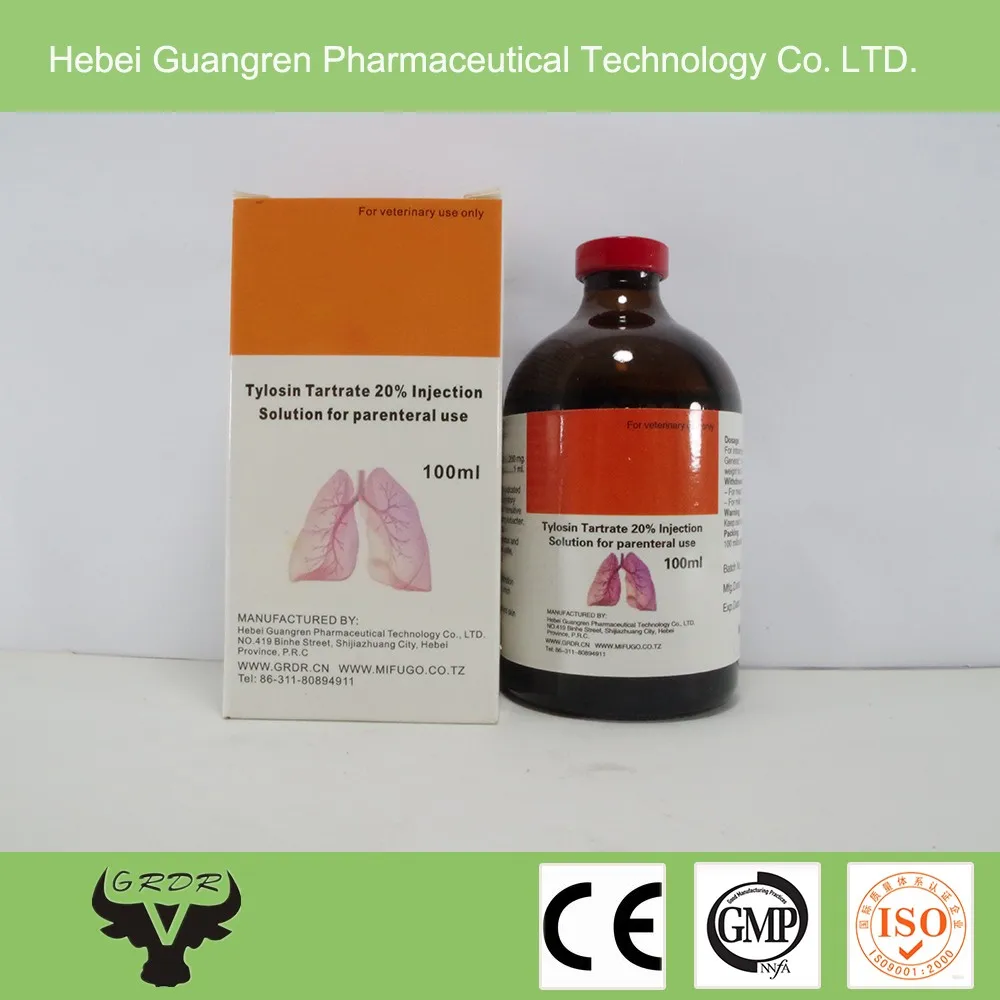Side effects of tylosin on dogs side effects of tylosin.
Tylosin for dogs side effects.
Tylosin is an antibiotic typically used to treat bacterial infections in farm animals but veterinarians often use it to treat certain types of chronic diarrhea in cats and dogs.
Do not mix tylosin injection with other injectable solutions as this may cause precipitation of the.
The powder form is not fda approved for use in companion animals but it is common practice for veterinarians to prescribe this medication.
This is even more important if vets are prescribing tylosin as an off label treatment.
While tylosin can make improvements in the look of tear stains there are a number of other ingredients that can be used in place of tylosin that do not carry the potential side effects tylosin does.
Unfortunately tylosin has serious side effects that can be damaging to dogs.
Tylosin may falsely elevate certain liver blood tests alt and ast.
It is used to treat bacterial infections in farm animals cattle turkeys pigs and chicken.
Recognizing any negative side effects with tylan treatment in dogs should cease treatment immediately.
If these symptoms continue contact your veterinarian.
Side effects consisting of edema of the rectal mucosa anal protrusion diarrhea erythema and pruritus have been observed in some hogs following the use of tylosin.
Such side effects like gi problems such as persistent diarrhea can become evident even if the tylan treatment is being used for diarrhea.
Other side effects may occur.
However there are a minimal amount of side effects that typically seen.
Discontinuation of treatment effected an uneventful recovery.
If you notice anything unusual in the animal s normal behaviour contact your veterinarian.
It is supplied in jars of tylosin tartrate equivalent to 100 grams tylosin base.
Ingredients that have been shown to be safe alternatives to tylosin include billberry extract and eyebright.
Also prescribed by vets for the treatment of diarrhea in cats and dogs it is not yet approved by the food and drug administration fda.
Being that it s an antibiotic long term use of the drug can increase the resistance of dogs to other antibiotics that may be necessary to treat other illnesses.
Since tylosin is yet to be approved by the fda food and drug administration for the treatment of dogs and cats it means that only veterinary professionals should administer the substance to prevent the animals from suffering from its side effect.
Tylosin s main side effects include mild stomach upset lack of appetite and diarrhea.

